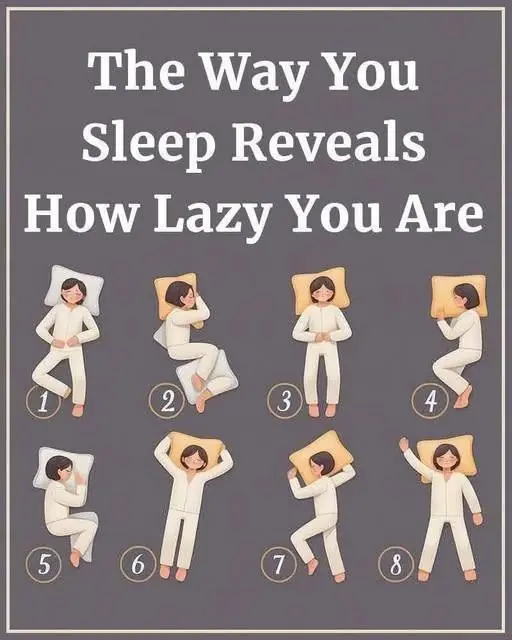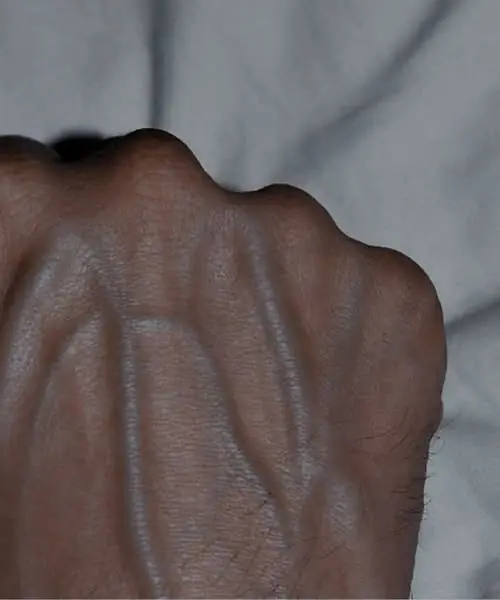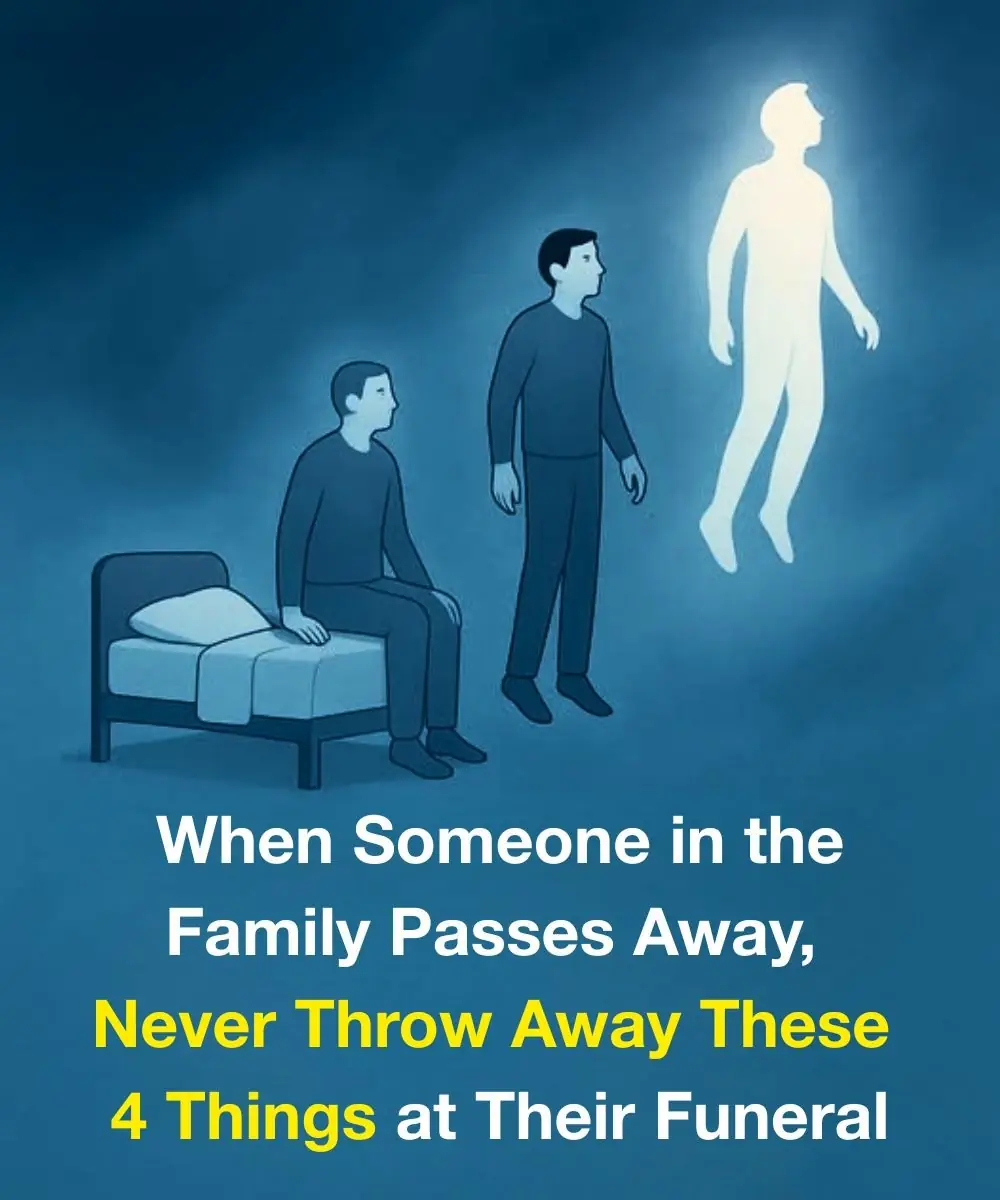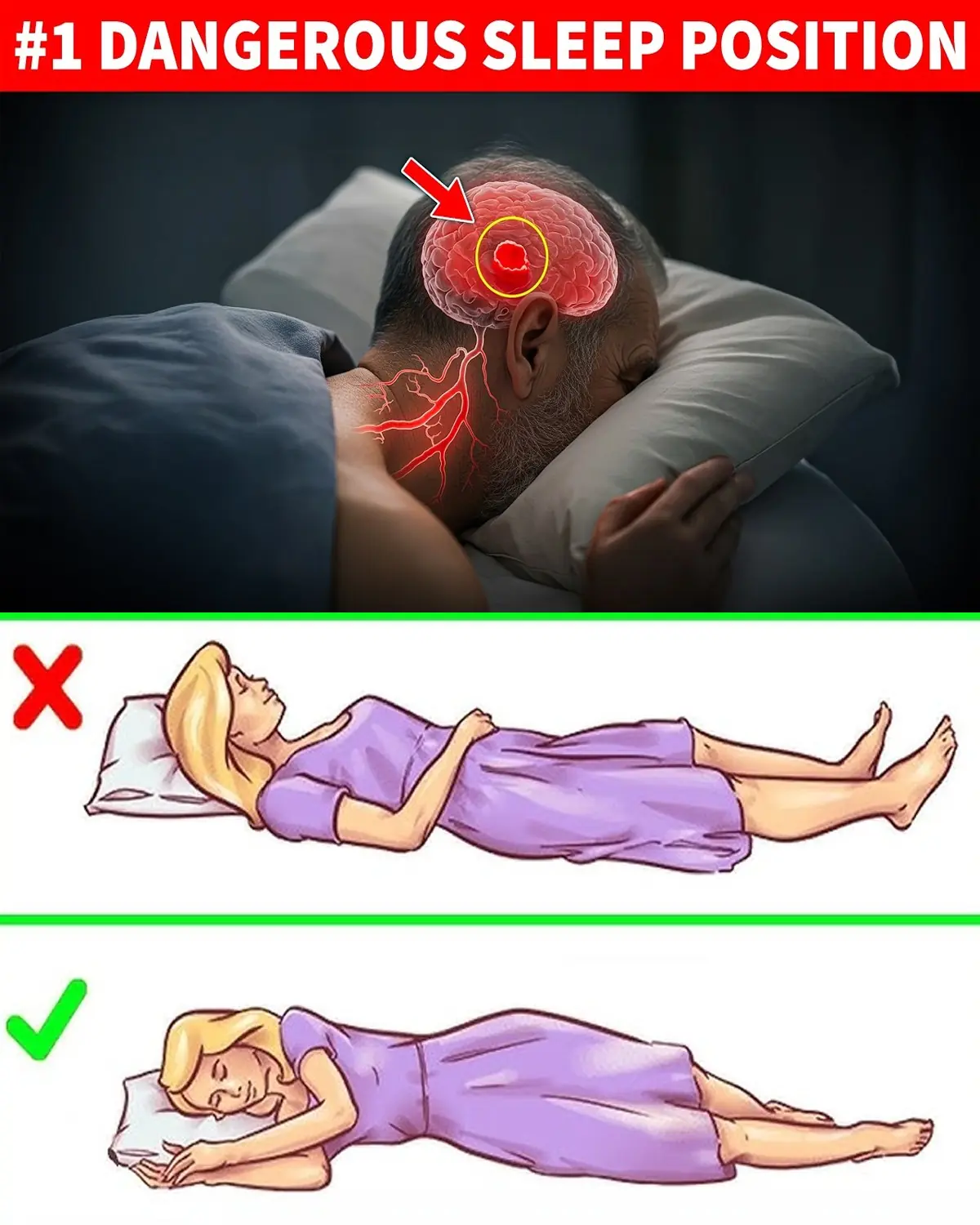- Most popular, especially among women
- Can ease snoring and improve circulation during pregnancy
⚠️ Drawback: Tucking too tightly may restrict deep breathing or strain lower back
💡 Tip: Place a pillow between your knees to align hips and reduce pressure.
2. On Your Back (Supine)
- Best for spine and neck alignment
- Helps prevent acid reflux (head elevated)
⚠️ May worsen snoring or sleep apnea due to tongue collapse
💡 Ideal for those with GERD or chronic back pain — use a supportive pillow.
3. On Your Stomach (Prone)
- Worst for spinal health — twists the neck and flattens natural curves
- May relieve snoring slightly
⚠️ Increases pressure on joints and organs
💡 Not ideal, but if you must: use a thin pillow (or none) and place one under your pelvis to reduce strain.
4. Side Sleeping (Left or Right)
- Excellent for brain detoxification (via glymphatic system)
- Left side may aid digestion and heart health
- Reduces sleep apnea symptoms compared to back sleeping
✅ Recommended for most people — especially those with respiratory or circulatory concerns.
✅ How to Improve Your Sleep Posture
🧘♀️ Remember: The “best” position is the one that lets you sleep soundly and wake up pain-free.
❌ Debunking the Myths
Final Thoughts
You don’t need to change how you sleep because someone says it makes you “lazy.”
You only need to adjust if:
- You wake up stiff or sore
- You snore loudly or feel tired despite long sleep
- You have medical conditions affected by position
Because real energy doesn’t come from pushing through exhaustion.
It comes from rest, recovery, and treating your body with kindness — every night.
And that kind of strength?
It shows up when you rise — well-rested, balanced, and ready.




























